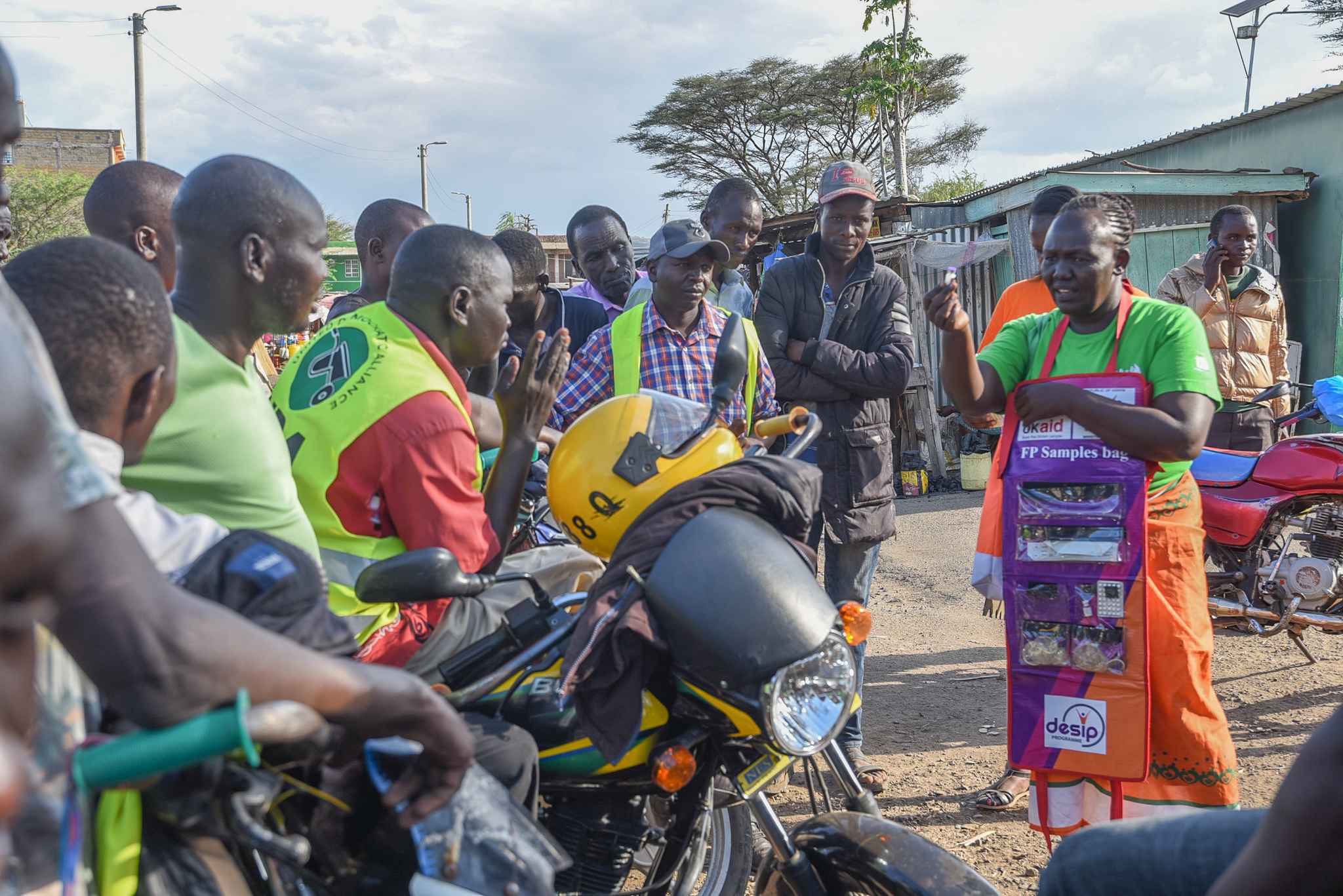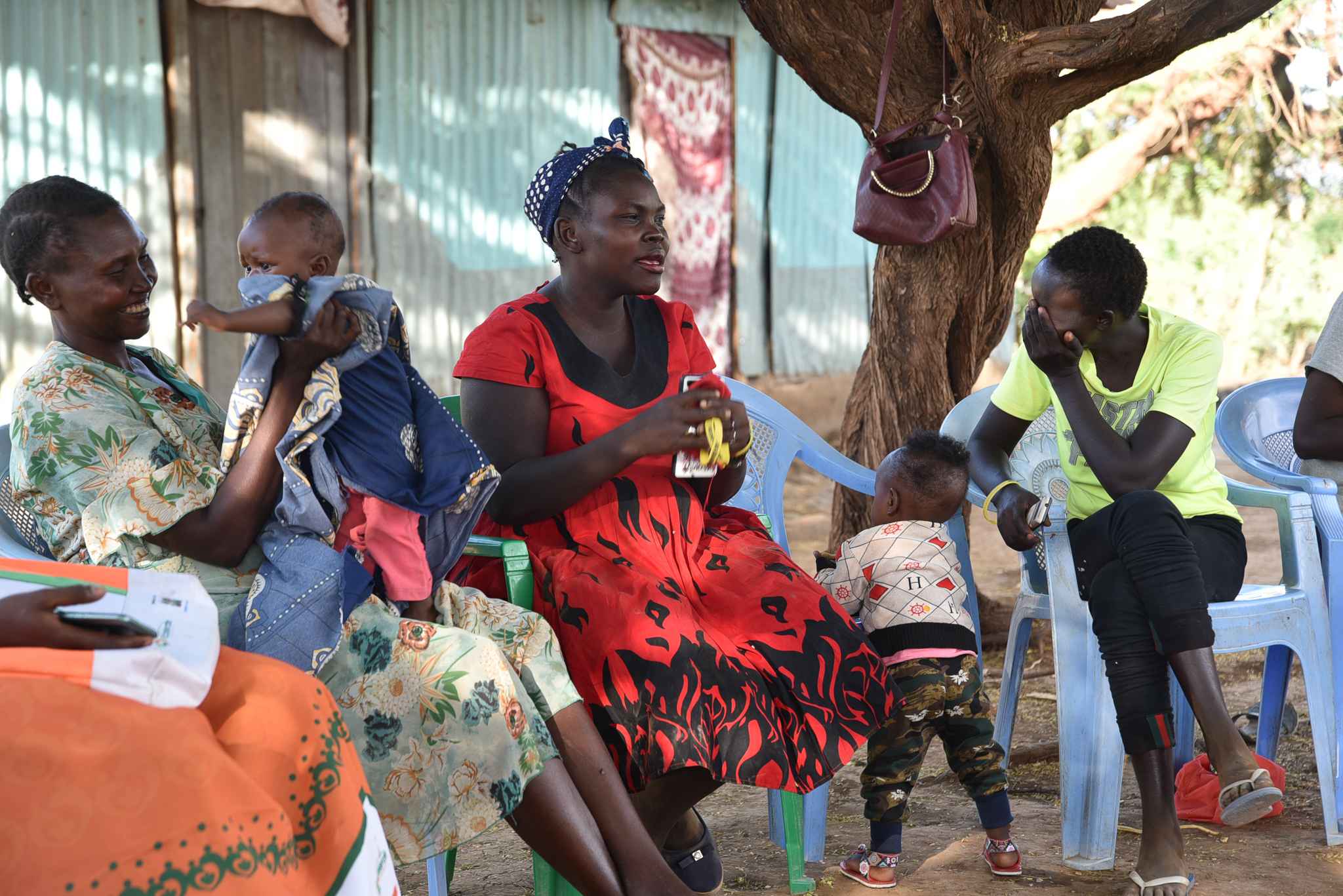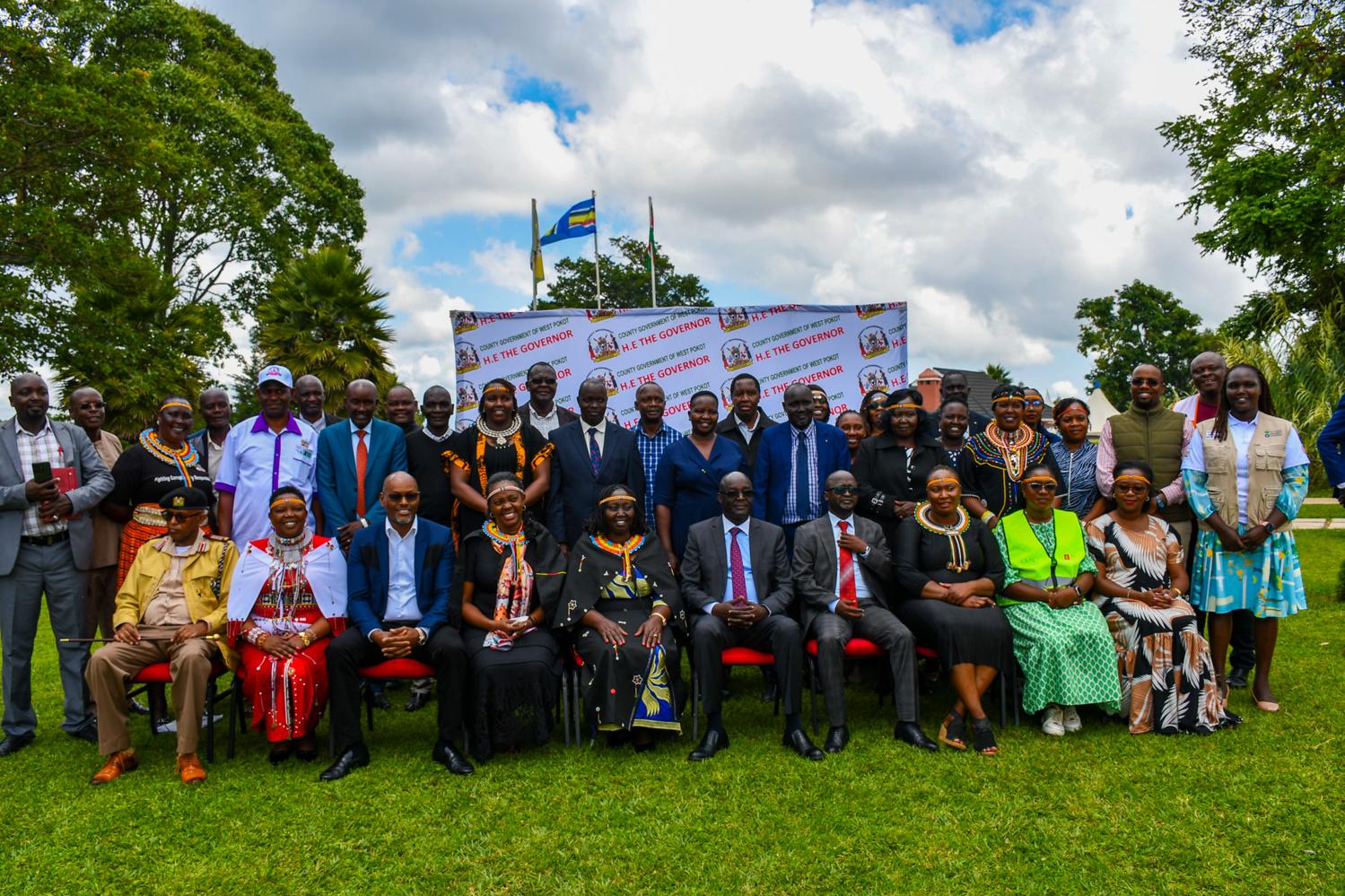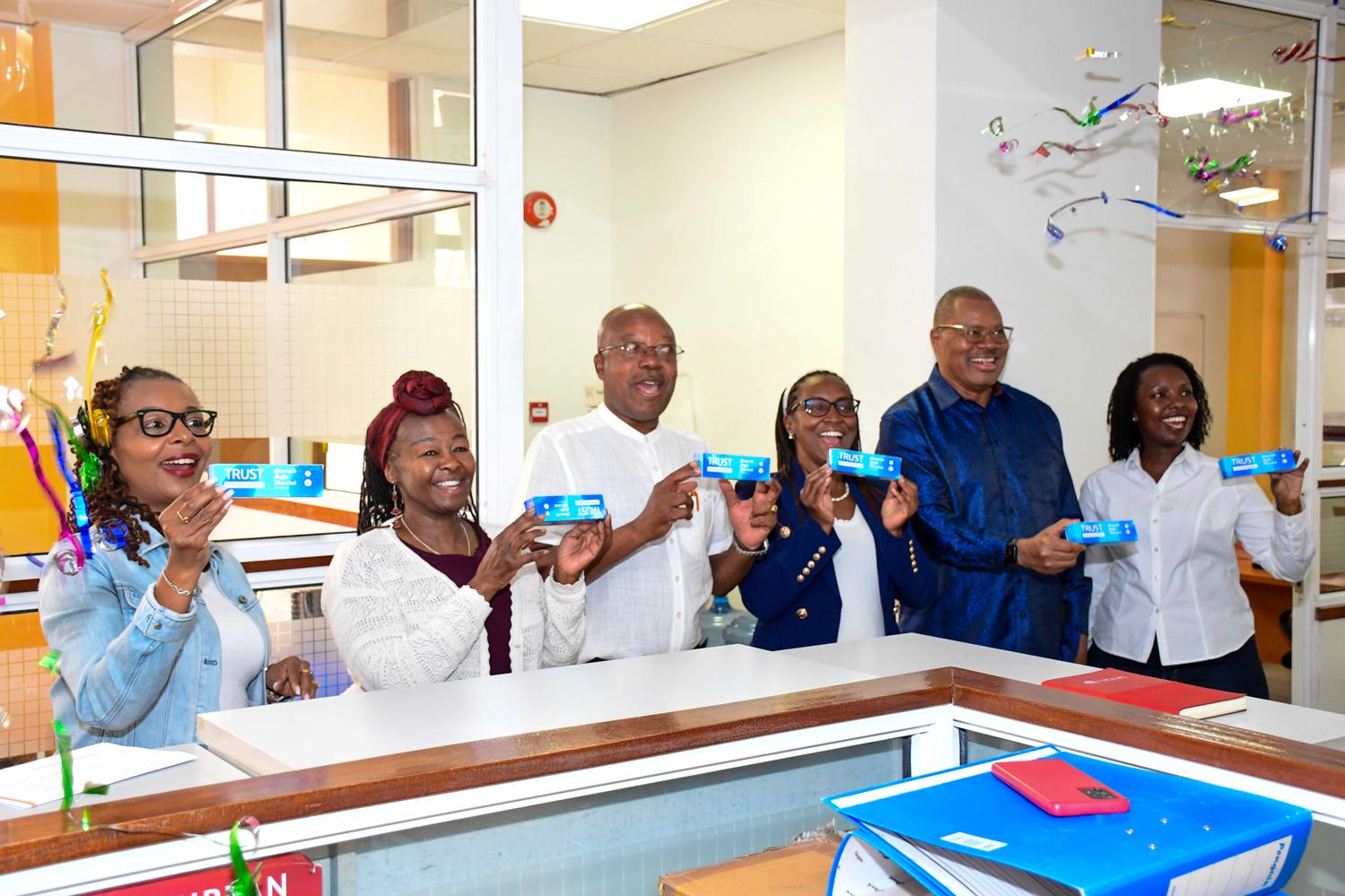Evidence on Community-based distributors (CBDs) show that trained Community Health Volunteers can safely, acceptably and effectively provide injectable contraceptive services within their community (New recommendations WHO for task sharing 2017). In Kenya, a demonstration project to assess the effectiveness of using Community Health Volunteers to provide injectable contraceptives was successfully carried out by the Ministry of Health between August 2009 and August 2010, and the same findings were adopted in the National Family Planning Guidelines, 6th Edition.

Informed by such findings, the Delivering Sustainable and Equitable Increases in Family Planning (DESIP) program supported the County Government of Baringo to train community health volunteers who were empowered with skills to educate, counsel, and provide short-term family planning services to women of reproductive age in their communities. This has increased access to reproductive health information and family planning (FP) services by women of reproductive age in Baringo County.
Fransiscah Sambu, a mother of one and a beneficiary of the Community Based Distributors Initiative, indicated that being able to receive her subsequent three-month injection (commonly known to her as “Depo”) at home saved her time and money. When her next injection date arrived, she called Priscah, a Community Health Volunteer, who came to her house and administered the injection. “When I first got my 3-month injection at the hospital, I was wondering how I would be making time to travel back to the hospital for my subsequent dose after 3 months considering the distance and the fact that I was still taking care of my baby; luckily, Priscah was available to offer the service at my house. “This was economical and saved time.” Stated Franciscah

She first met with Priscah (the CHV) at a mother to mother support forum. During this forum, Priscah, who was facilitating the discussions, had indicated that she had been trained on how to provide short-term family planning methods like pills and injections and would easily offer the services to those in need provided that they had gotten their previous injection at the hospital. Access to family planning information and services not only ensures that she can now safely plan her pregnancies, but also contributes to other related issues like better child health, poverty reduction, gender equality, and greater education outcomes.
Bringing sexual and reproductive health information and services directly to consumers is a revolution that is disrupting healthcare systems across the world. New technology and task shifting to community health workers have brought care previously provided only by medical professionals in health facilities directly to patients while making it safer and more affordable.
This initiative has also been rolled out in Narok, Kajiado, and Isiolo counties with support from the DESIP programme, in partnership with the Ministry of Health. DESIP is a UK Aid-funded program focused on delivering sustainable and equitable increases in family planning (DESIP) in low contraceptive prevalence rate (CPR) counties in line with Kenya’s “Vision 2030.”



